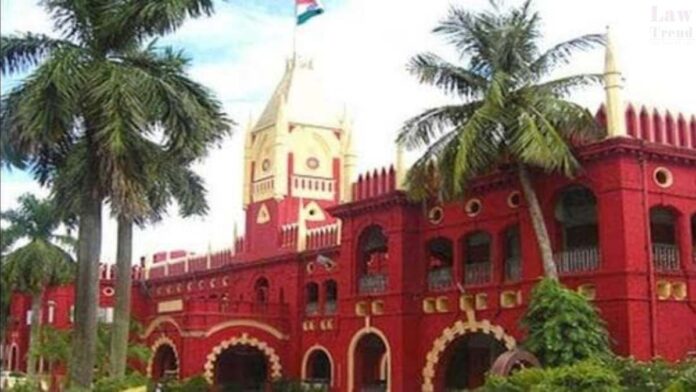The Orissa High Court has ruled that the limitation period for commencing arbitration proceedings starts from the date when the cause of action accrues, not from when a dispute arises or arbitration is invoked. This significant judgment was delivered by Justice D. Dash while disposing of an appeal against an arbitral award in the case
To Read More Please Subscribe to VIP Membership for Unlimited Access to All the Articles, Download Available Copies of Judgments/Order, Acess to Central/State Bare Acts, Advertisement Free Content, Access to More than 4000 Legal Drafts( Readymade Editable Formats of Suits, Petitions, Writs, Legal Notices, Divorce Petitions, 138 Notices, Bail Applications etc.) in Hindi and English.




